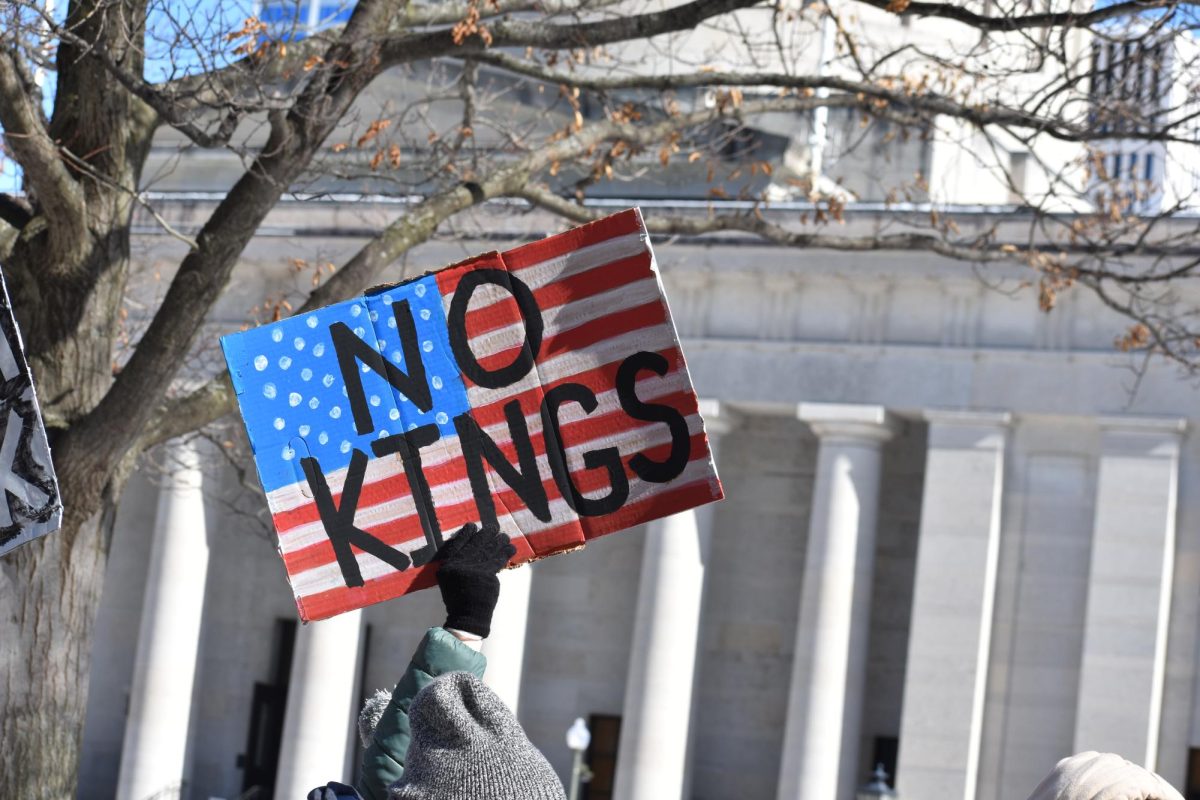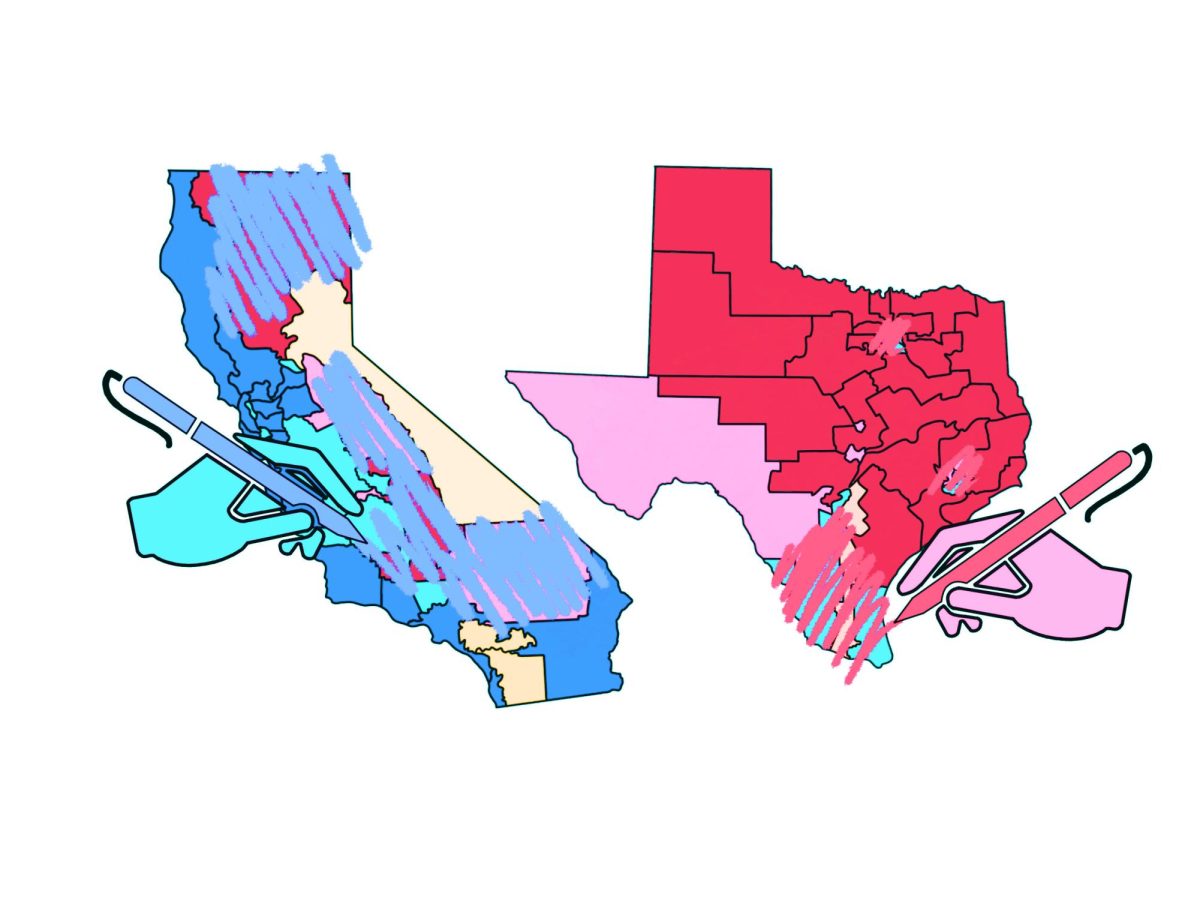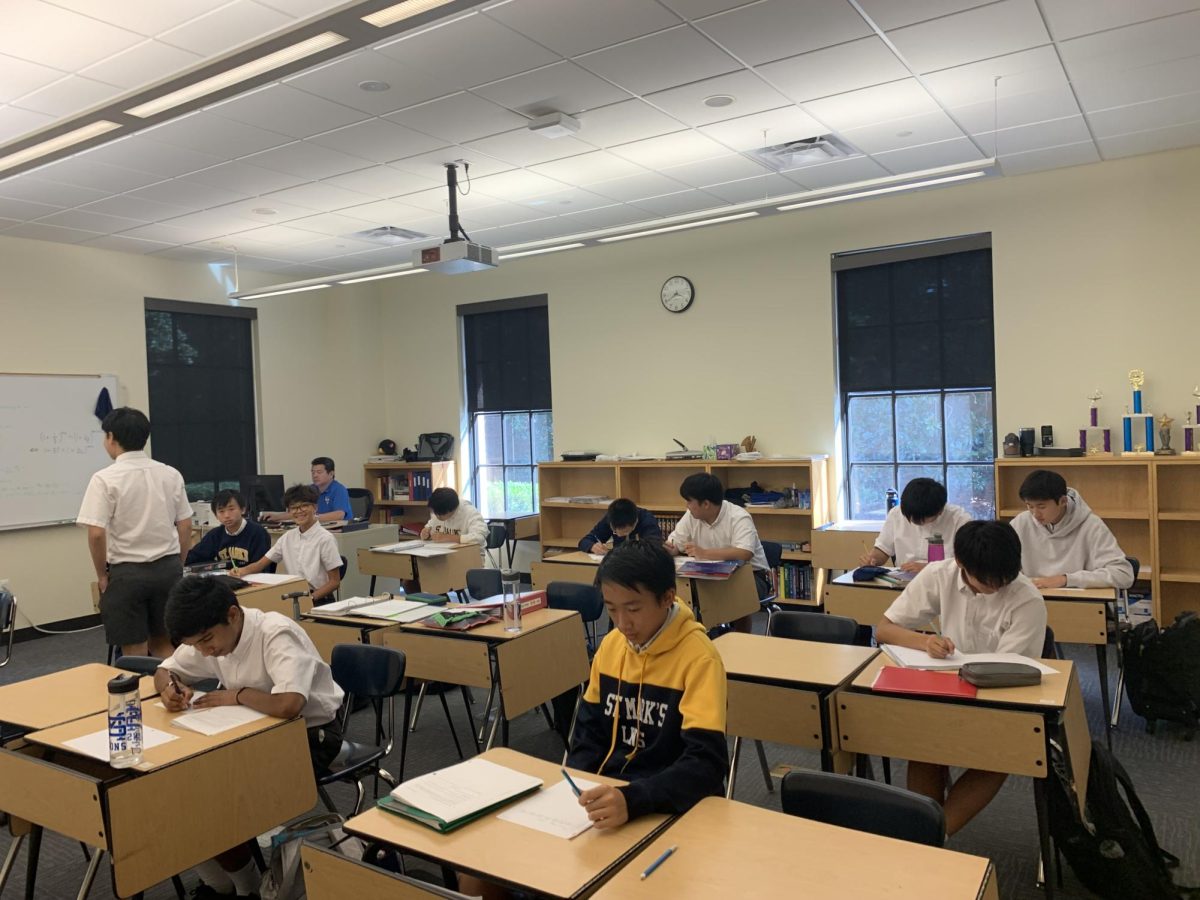On Sept. 19, 2025, President Donald Trump issued a proclamation requiring employers to pay a one-time fee of $100,000 for each new H-1B visa petition filed.
This proclamation will not impact visas that have already been filed and are in process, or those that have been previously approved, nor does it affect renewals. Previous filing fees were less than $5,000.
The H-1B visa was originally passed by a bipartisan Congress in 1990 under the Republican leadership of George H. W. Bush. in an attempt to create a more competitive workplace environment.
Congress also passed the visa to allow for U.S. companies to temporarily hire skilled nonimmigrant foreign workers to fill specialty occupations that generally require at a minimum a bachelor’s degree in fields such as technology, engineering, healthcare, business and education.
An H1B visa requires an employer to sponsor the employee and allows for three years of employment with an opportunity to renew for another three years of employment. There is a cap of 65,000 visas annually, with 20,000 allotted for special circumstances. Previously, the number of new visa applications exceeded the cap, and a lottery system was in place, however, now there has been a proposed change to create a weighted wage-based lottery system that increases the chances of an employee’s visa being granted based on their salary.
In 2024, two-thirds of the H-1B visa holders work for technology companies and H-1B visa holders comprise less than 3 percent of the total civilian workforce. In the tech field, the top 30 companies have about 60 percent of the H-1B holding employees.
Donald Trump suspended the H1B visa program after COVID in an effort to protect American-born workers. The program has faced other restrictions since its inception.
The H-1B visa program is surrounded by controversy due to the fact that, according to the Trump administration, it allows for companies to pay less in wages as foreign-born employees could be accepting lower wages because of the surplus of qualified workers.
“H-1B workers are providing expertise at a reasonably low cost to American companies, and if these guys aren’t able to be recruited, then we might see American companies try to recruit some other people locally,” History & Social Sciences Dept. Chair David Fisher, said.
It is possible that fewer H1-B visas will allow for Americans to have more security within the workplace, however, complications could arise if companies instead allow for AI to take over these workers’ jobs or allow these employees to work remotely.
“I think the biggest alternative isn’t I’m going to go hire an American and pay him more money. The biggest alternative is I’m not going to hire anybody, yeah, and let AI do it. Or if I really need that expertise from India, I’ll outsource it,” Fisher said.
Companies could also have been misinforming the government in order to make it seem like an absence of workers with the qualifications necessary, which would in turn force the government to allow for H-1B visa workers to be hired.
“A lot of times there’s some fraud is involved in here too, they changed the job description to make it appear as if there aren’t enough Americans to fill the available positions,” Nancy and Jeffrey Marcus Master Teaching Chair Bruce Westrate, said.
Although this will likely prevent or at least lessen further employment of non-American citizen workers that require an H-1B visa, it does not affect current workers’ job availability and will not increase unless additional changes are made that either require a payment for all former H-1B visa holders to renew their visas.
“But from what I understand the government is only allowed to charge the companies one time,” Westrate said.
Americans could also potentially gain an increase in their pay if they are, in fact, locals who are qualified for the job and companies are willing to hire them.
“It depends on how they fashion the law. Yeah, I hope it’s done in such a way that it benefits American workers and heightens their pay,” Westrate said.
Whether or not this new alteration to the H-1B visa policy is effective, it will definitely have an impact on how companies approach hiring workers.














